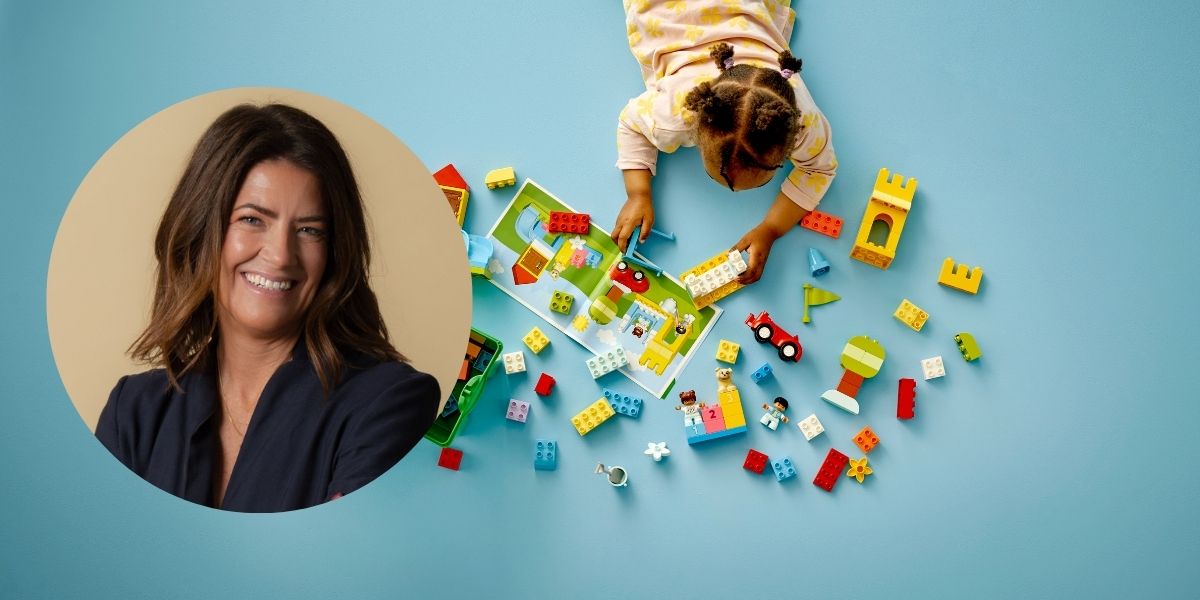4 in 5 parents face significant challenges in engaging with their child’s play, commonly due to stress, overwhelm, and lack of time. It feels like a high stat, but when you look closely, it’s easy to relate to the issue.
A recent survey by LEGO Group and Playgroup NSW has revealed that 74% of parents rank social skills as their top focus, followed closely by emotional development at 67% and cognitive skills at 60%. In contrast, motor skills (47%) and linguistic skills (48%) scored lower, signaling a shift away from traditional academic benchmarks toward fostering emotional intelligence and interpersonal abilities.
Parents’ priorities for early childhood development have become clear: social and emotional skills take center stage.
This change marks a pivotal moment. In a world often preoccupied with academic achievements, parents are increasingly valuing empathy, communication, and resilience as the true foundations for future success. These crucial skills flourish naturally through open-ended, playful exploration, redefining what it means to prepare children for the challenges of tomorrow.
An essential part of this development is “Play”, it’s how toddlers explore, learn, and connect with the world around them. It forms the foundation for critical aspects of their development, from building social skills to fostering confidence. While play is a universal part of childhood, who toddlers play with and how often can vary widely between households.
On average, toddlers spend 52 hours a week playing. Most of this time is with their mums (18 hours), followed by dads (13 hours) and siblings (8 hours). In contrast, playtime with non-family caregivers and grandparents is much lower, averaging just 4 hours per week.
When it comes to daily play, dads are more likely to miss out than mums, with 15% of dads skipping daily play compared to 9% of mums. Additionally, one in seven working parents (13%) struggle to find the time to play with their children every day. Younger parents (those under 34) are also less likely to engage in daily play than their older counterparts (86% vs. 91%).
So with today’s parents balancing more than ever how do we prioritize play for toddlers while often feeling pressed for time, energy, and inspiration.
Gen Muir from Connected Parenting has some great advice.
“Everything they need to learn, they are going to learn that best through play”
“My tip is to look for really small moments, you might spot your child building their LEGO DUPLO tower or drawing, go over and just stop and observe what they are doing. You might pop your hand on their shoulder and say “Wow that’s a really cool tower you’re building”. When we stop and notice what our child is doing, they feel really seen”
Parenting may evolve, but one truth remains constant: play is essential for nurturing growing minds. In the midst of modern life’s demands, parents and caregivers need tools, resources, and support to rediscover the joy of play in ways that feel natural and uplifting not just like another task on the to-do list.
Because at its core, those small moments of play don’t just create happy toddlers, they build stronger, happier families.
Playgroup NSW and LEGO Australia are dedicated to turning insights from this research into practical strategies that elevate our programs and services and we are looking forward to seeing what evolves from that.









